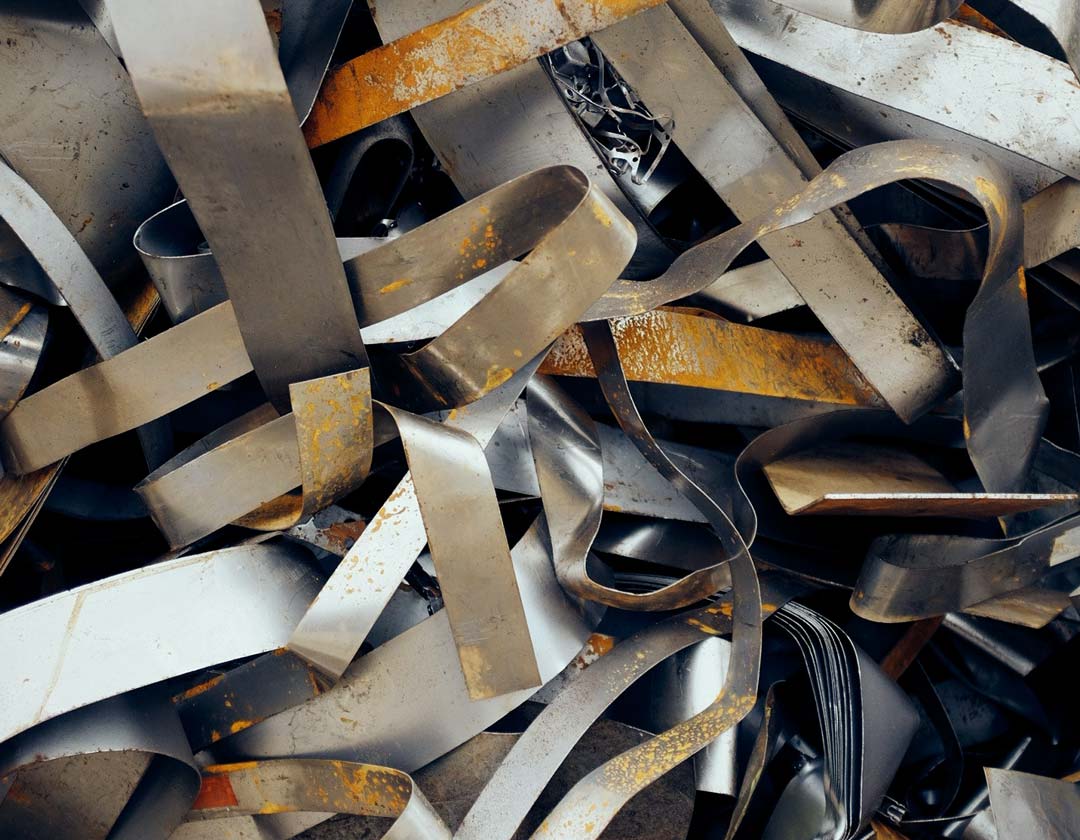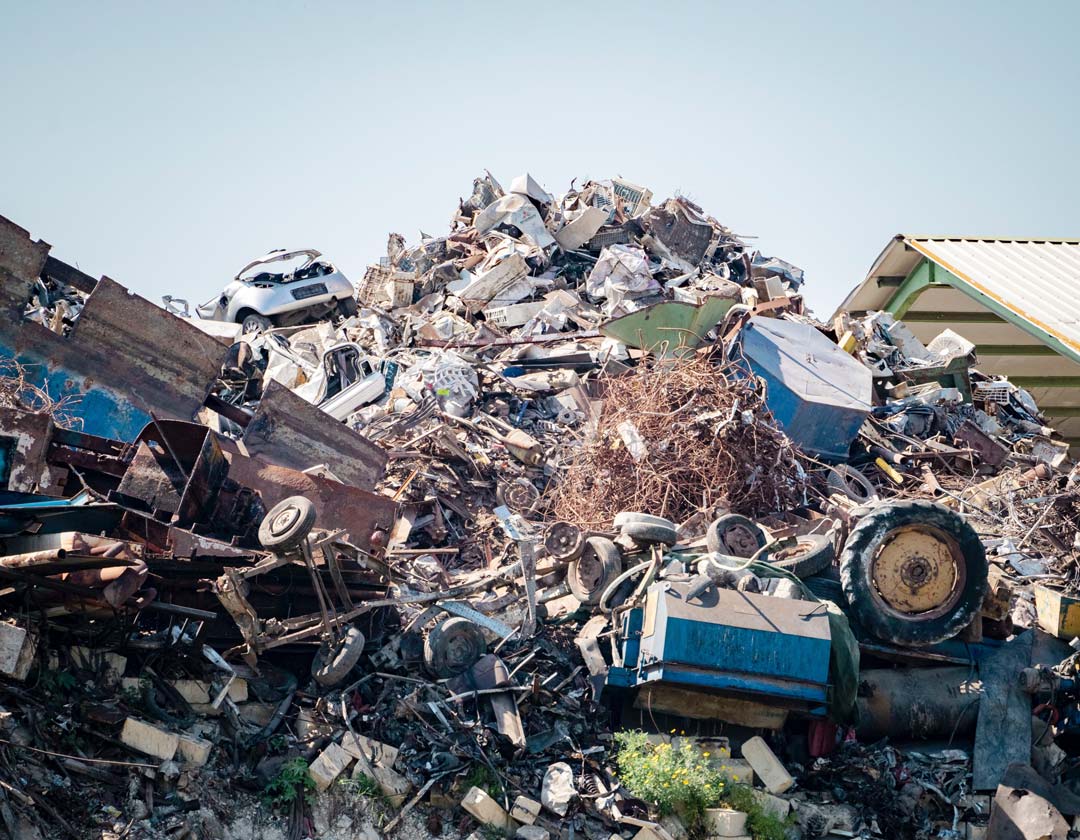We love metal. Not just at Norstar; but humans, as a species – we love metal. Anthropologically, we have been utilising metal since around 5,000BC – starting with copper.
Metal is versatile, tough and multi-functional.
But, one of the best benefits of metal is that most of it’s recyclable. So, if it’s not suitable for its current use, it can be melted down and recast for something new.
So, we wanted to highlight the environmental benefits of recycling metal and go into a little more detail for you.
Let’s dive in…
Which metals are recyclable?
The most easily recycled metals are steel, iron, aluminium, copper, brass and zinc. But other metals can be recycled and repurposed.
What is Metal Recycling?
Metal recycling involves stripping and processing end-of-life metal materials and using it to create new metal materials.
Metal materials must be separated into their individual materials and then they’re shredded into smaller pieces to make the process easier. We have a breakdown of the process available here.
Is metal recycling environmentally friendly?
Absolutely. In fact, the Victorian State government encourages Victorians to recycle their waste, particularly metals.
When materials are sent to landfill, their value is lost to the economy. Recycling materials keeps their value in the economy, prevents the need for new or expanded landfills, and creates jobs (source)
The 5 Environment Benefits to Recycling Metal
1) Resource Conservation
The extraction and processing of metals from their ores require extensive energy and natural resources. Metal recycling helps alleviate this strain on the environment by conserving valuable resources. By recycling metals such as steel, aluminium, copper, and others, we can reduce the need for primary extraction and preserve non-renewable resources for future generations. This process promotes sustainable resource management and reduces the environmental footprint associated with mining activities.
2) Energy Efficiency
One of the significant advantages of metal recycling is its potential for substantial energy savings. Compared to the production of virgin metals, recycling metal consumes significantly less energy. The energy saved by recycling aluminium, for example, is estimated to be around 95% compared to the energy required for primary aluminium production. Similarly, recycling steel can save up to 60% of the energy needed for producing steel from raw materials. Conserving energy not only reduces carbon emissions but also contributes to the overall sustainability of our energy systems.
3) Greenhouse Gas Emissions Reduction
Mining, transportation, and processing of raw materials for metal production contribute to significant carbon dioxide emissions. By recycling metals, we can significantly curb these emissions, as recycling processes typically require less energy and generate fewer greenhouse gases.
For instance, recycling one ton of aluminium can save up to nine tons of CO2 emissions, contributing to climate change mitigation efforts.
4) Waste Reduction and Landfill Diversion
Recycling metals can divert a significant amount of waste from landfills, reducing the strain on our waste management systems and the associated environmental hazards. Recycling metals helps prevent the release of potentially toxic substances into the environment, such as heavy metals, which can contaminate soil and water sources.
5) Promoting a Circular Economy
Instead of following a linear model where materials are used and then discarded, metal recycling promotes the concept of reuse and regeneration. By continuously cycling metals through the recycling process, we extend their lifespan and reduce the need for new production. This shift toward a circular economy not only conserves resources but also creates new job opportunities in recycling industries and promotes a more sustainable and resilient economy.
“By shifting to a circular economy, Victoria will recover at least 80 per cent of its waste by 2030” (source)
Metal recycling offers a myriad of environmental benefits that are crucial for creating a sustainable future. From conserving resources and reducing energy consumption to curbing greenhouse gas emissions and minimising landfill waste, the environmental advantages are undeniable.
Victorians should embrace metal recycling as an integral part of our sustainable practices. By doing so, we can protect our planet’s resources, reduce our carbon footprint, and pave the way for a greener and more environmentally conscious society.
At Norstar, we champion metal recycling and working towards a more sustainable and circular future.
If you’d like to talk to us about collecting and recycling your metal, please get in touch.


